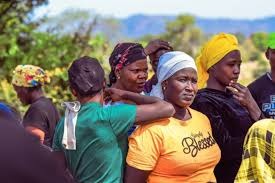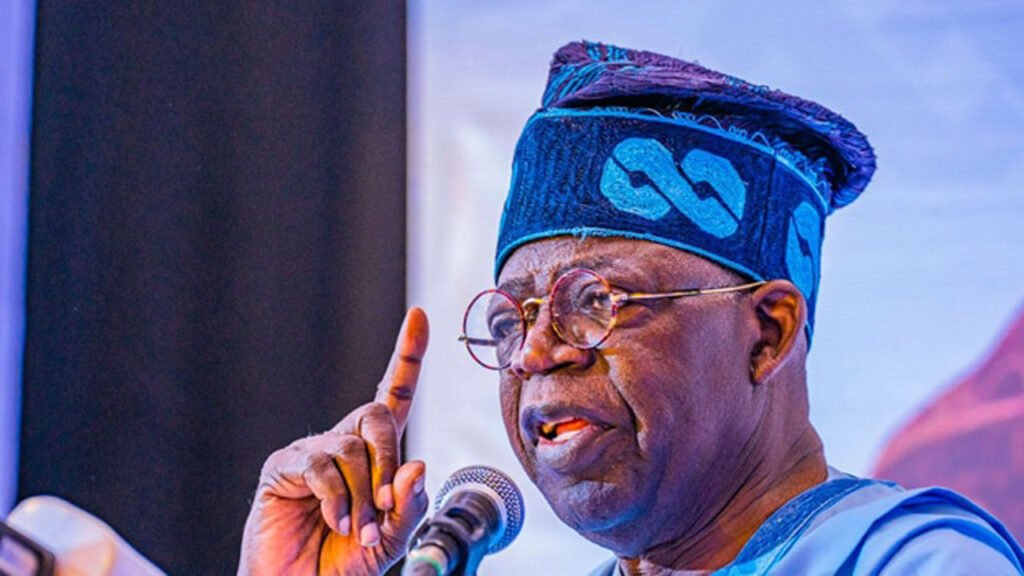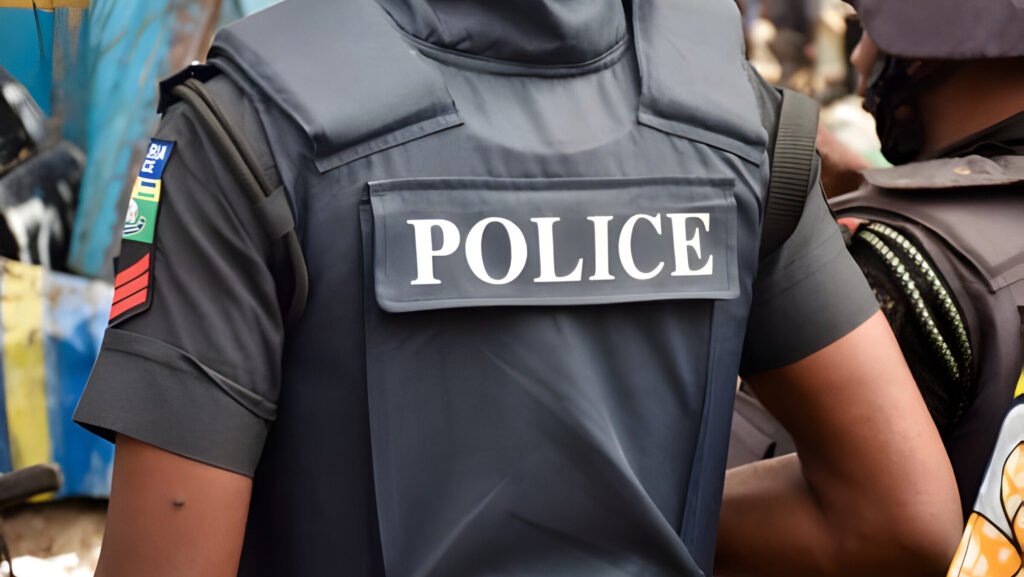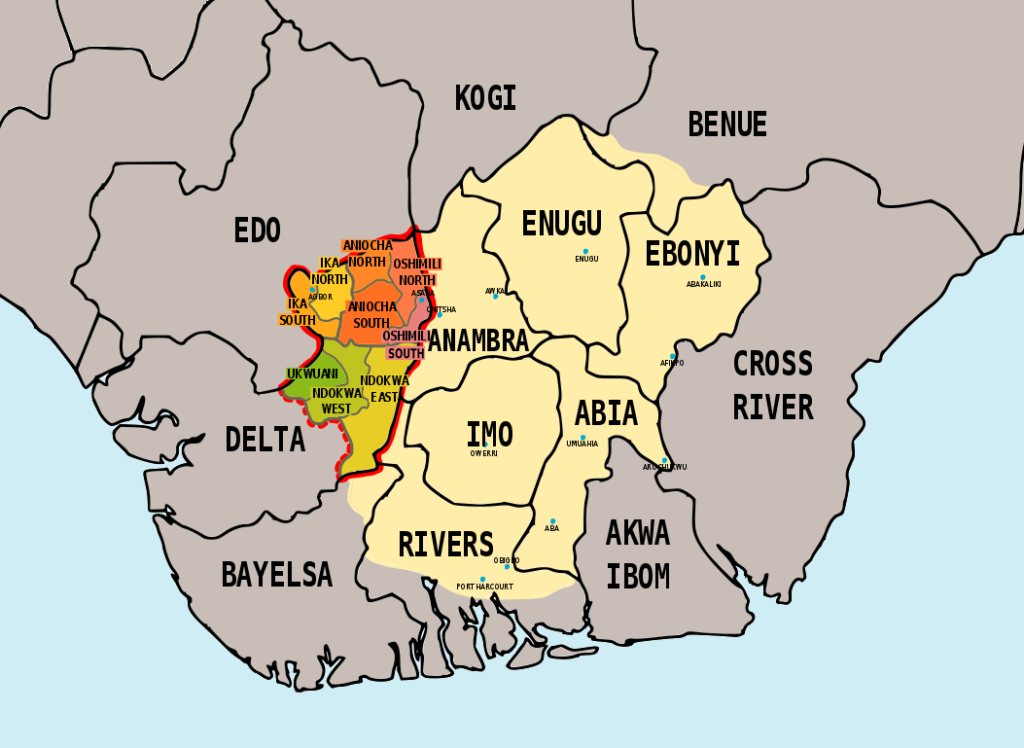By Lillian Okenwa
The kidnapping of 25 female students from Government Girls’ Comprehensive Secondary School in Maga, Kebbi State, on Sunday night has, like previous abductions of schoolgirls, sparked widespread outrage — but for how long will this continue?
The armed men killed the school’s Vice Principal, Malam Hassan Makuku, as he was reportedly attempting to protect the students during the invasion.
Like the case of Chibok on 14 April 2014, when Boko Haram insurgents invaded the Government Girls Secondary School and abducted 276 schoolgirls and on 19 February 2018, when they invaded the Government Girls Science Technical College, abducting 110 students, witnesses said the terrorists operated without resistance.
This has caused widespread panic, throwing the entire region into deep fear and mourning.
What is more worrisome is the trend the insecurity has taken, especially in the northern part of the country, where the majority of Nigeria’s out-of-school children, according to UNICEF, are from. UNICEF says that 69% of the country’s 13.2 million out-of-school children are in the north.
UNICET also reveal that more than 70% of women aged 20-29 are unable to read and write.
Government Girls’ Comprehensive Secondary School in Maga, Kebbi State (November 2025)
In the early hours of Sunday, 16 November 2025, armed terrorists launched a deadly attack on Maga Comprehensive Girls’ Secondary School in Kebbi State abducting several students and killing a vice principal. They operated without restraint.
2. LEA Kuriga Kaduna State (March 2024)
On 7 March 2024, 227 pupils were kidnapped from a Local Government Education Authority School in Kuriga, Kaduna State, underlining that school abductions remain a pressing national security challenge.
3. Federal Government College, Birnin Yauri (June 2021)
Armed bandits on 17 June 2021, stormed the Federal Government College in Birnin Yauri, killing a police officer and abducting at least 80 students and five teachers.
Afaka and Greenfield University Attacks ( March and April 2021)
On 11 March 2021, 39 students were kidnapped from the Federal College of Forestry Mechanisation, Afaka, Kaduna State. A few weeks later, on 20 April 2021, 22 people, including students and staff, were abducted from Greenfield University, Kaduna State.
Government Girls Secondary School, Jangebe, in Zamfara State ( February 2021)
On 26 February 2021, Nigeria was once again thrust into global headlines following the mass abduction of schoolgirls from the Government Girls Secondary School, Jangebe, in Zamfara State.
Bandits stormed the Jangebe school hostel in the middle of the night, overwhelming the limited security presence and firing shots to terrify students. In a swift and coordinated operation, the attackers abducted 279 schoolgirls, forcing them into nearby forests known to serve as hideouts for criminal groups.
In the morning, parents and guardians, trying to know the fate of their children, stormed the school.
A few days later, all 279 abducted girls were released on 2 March 2021. Their return brought relief but also renewed questions about the concessions made to secure their freedom.
Authorities maintained that no ransom was paid, though many Nigerians remained sceptical due to the recurring pattern of negotiated releases.
After the ordeal, many parents withdrew their children from the school.
Government Science College, Kagara, Niger State (17 February 2021)
On February 17, 2021, armed bandits stormed the Government Science College, Kagara, located in Niger State, kidnapping students, teachers, and school staff in an incident that sent shockwaves across the nation.
During the attack, one student was killed, while 27 students, three staff members, and 12 family members of staff were abducted. The attackers fled into the nearby forests, continuing the pattern of mass school kidnappings that had plagued northern Nigeria.
The Niger State Government immediately initiated negotiations with the abductors, avoiding military confrontation to prevent harm to the victims.
The federal government also condemned the incident, with security agencies launching operations aimed at securing the release of the captives.
However, after several days of intense negotiation, the kidnapped students and staff were released on 27 February 2021. It is not known if the government paid the ransom or not.
Government Science Secondary School in Kankara, Katsina State (11 December 2020)
On 11 December 2020, over 300 boys were abducted from Government Science Secondary School in Kankara, Katsina State. The attack was carried out by armed bandits and caused widespread fear and panic across the region.
According to findings, armed bandits in their hundreds stormed the school, firing shots and scaring the students.
Some terrified students escaped being abducted by fleeing into the bushes, while others were not so lucky as the attackers marched over 300 students into the forest.
The attack happened while the late President Muhammadu Buhari was visiting the region. Local and international organisations, including UNICEF, the UN, all called for immediate steps to rescue the students and protect schools.
The abducted students, numbering over 340, regained their freedom after intense negotiation on December 17, 2020, nearly a week after the attack. The Katsina State Government announced that no ransom was paid, though many analysts believe some form of negotiation or settlement likely took place.
The boys later recounted their ordeal, describing beatings, hunger, and days spent trekking through forests.
Government Girls Science & Technical College in Dapchi, Yobe State (19 February 2018)
On 19 February 2018, Boko Haram struck again, kidnapping about 110 girls aged between 11–19 from Government Girls Science & Technical College in Dapchi, Yobe State. Most of the girls were later released, but the incident highlighted the persistent threat to school children in the northeast. The attack, similar to the infamous Chibok school kidnapping of 2014, reignited concerns over the safety of schools in Nigeria.
Like the Chibok abduction, the Dapchi attack prompted swift condemnation from both national and international communities. The Nigerian government faced intense pressure to secure the release of the girls, with widespread calls for stronger protection of educational institutions in conflict-prone areas.
Weeks after the abduction, most of the girls were released following negotiations between the Nigerian government and Boko Haram. However, Leah Sharibu, a 14-year-old student, remained in captivity because she refused to renounce her Christian faith, making her the sole girl still held by the group as of recent reports.
Government Girls Secondary School in Chibok, Borno State (14 April 2014)
On 14 April 2014, Boko Haram terrorists stormed Government Girls Secondary School in Chibok, Borno State, abducting 276 female students. The attacks sparked global outrage due to the scale of the #BringBackOurGirls campaign. The incident has been described as Nigeria’s most high-profile mass abduction case.
This happened during the administration of former President Goodluck Jonathan. From 2016 to 2017, 108 were rescued by the Nigerian military.
One of the captives, a Christian teenager at that time, Rabiat was forced to become a Muslim and later married off to one of the fighters, then to another. She eventually became a mother to three children.
According to her, the crisis in the Boko Haram group paved the way for her escape. Rabiat later surrendered to the Nigerian army.
“I left because Boko Haram had problems and were fighting [with each other],” she said in her native Hausa language, explaining how some hostages took that as a chance to escape captivity.
Many survivors also report suffering mental and physical health problems because of the abuses they have suffered. Some described continuing to endure bleeding and other serious gynaecological problems as a result of rape. Many of the students, as well as some of the teachers, described recurring nightmares, anxiety, being easily frightened, an inability to focus, and other signs commonly associated with trauma.
Access to psychological support for women abused by Boko Haram has been a significant challenge, with human rights organisations consistently reporting that survivors are often failed by government inaction and receive inadequate or no tailored reintegration services.
While there are reports of some governmental efforts to engage with bandits (often related to peace talks by certain individuals), a systematic comparison of support for victims of the two groups reveals significant gaps in support for victims overall, rather than a “pampering” of bandits.



